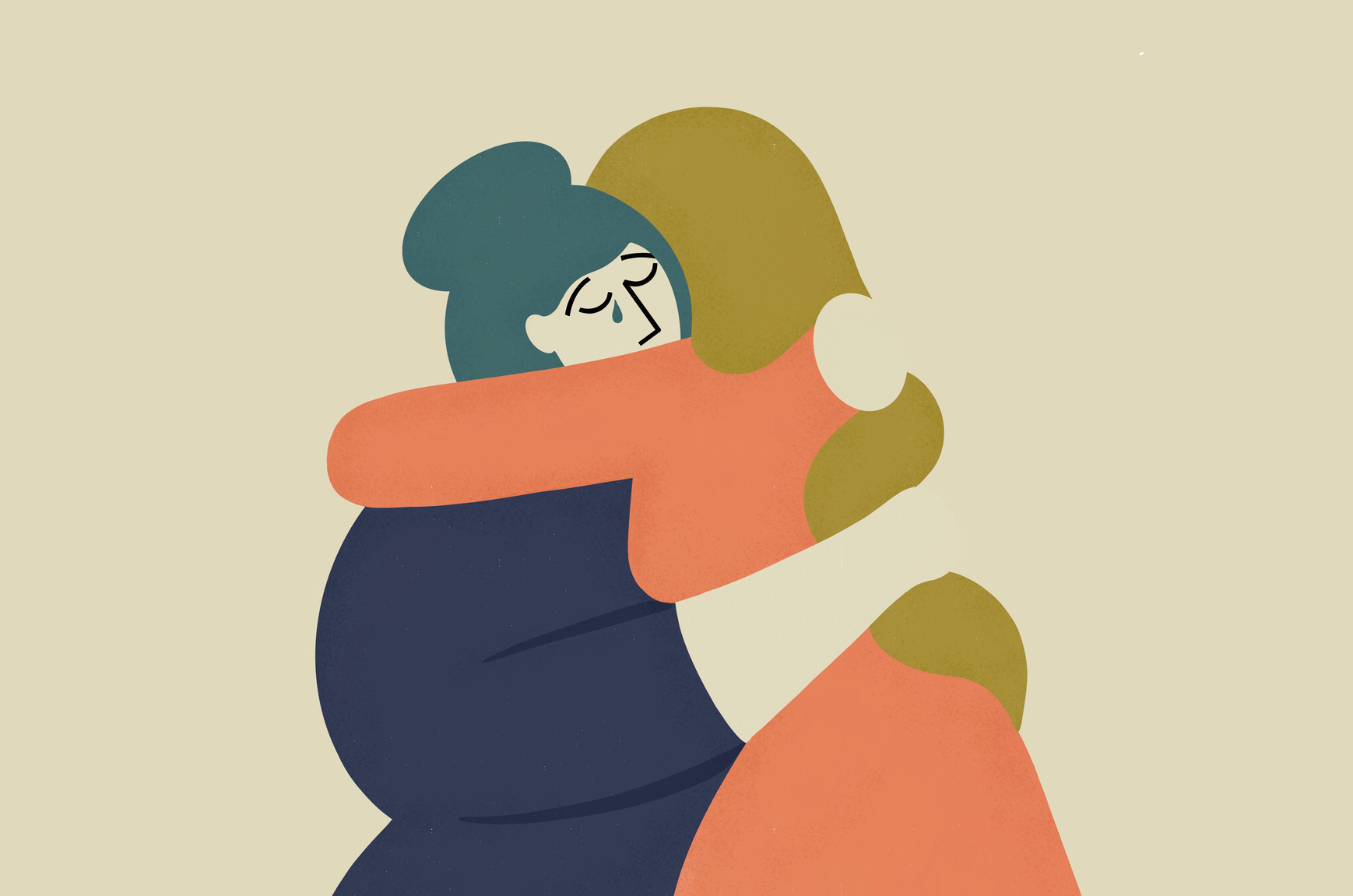
Grief is the sorrow and anguish felt following a loss. Most common losses can include the death of a loved one, the loss of a job or relationship or even a transition like moving. Here are 3 tips for processing grief:
In the aftermath of a loss there are both emotional and physical symptoms of grief that may be experienced.
Some of the emotional symptoms include sadness, guilt, despair, hopefulness and anger. Physical symptoms can include, numbness, fatigue, shortness of breath, crying and even loss of appetite.
The manifestation of these varying symptoms may impact a grieving person’s ability to function. Having and leveraging your support network is very important during times of grief to ensure that activities of daily living such as eating and hygiene can still be maintained.
Dr. Elizabeth Kubler Ross created 5 defined stages of grief. The stages include Denial, Anger, Bargaining, Depression, and Acceptance. Davide Kessler who co-authored Dr. Kubler Ross’s popular book On Grief and Grieving, later introduced a 6th stage of grief called, finding meaning.
While most people approach these stages as a process to move along, one stage after the next, the experience is more often synonymous to a roller coaster due to the ups and downs. It is common to experience depression today and then resort to anger tomorrow. This is not regression but merely the nature of this process. With each stage becoming easier to manage with time.
Given the rollercoaster nature of the grief process, it is important to not create an expectation on when you are “supposed” to feel better. The process of grief and the way in which a person grieves is a unique experience to them.
If you are needing support navigating this process, please do not hesitate to schedule a consultation with a grief counselor/specialist.
https://www.apa.org/topics/grief
https://www.verywellmind.com/physical-symptoms-of-grief-4065135
https://www.health.harvard.edu/mind-and-mood/5-stages-of-grief-coping-with-the-loss-of-a-loved-one
https://www.legacy.com/advice/the-sixth-stage-of-grief-finding-meaning-by-david-kessler
Mariah Sylvia is a licensed professional counselor and trauma-informed practitioner. She specializes in anxiety, stress management, body image issues, and perfectionism in adults.
We offer in-person and virtual services – contact us today to learn more!